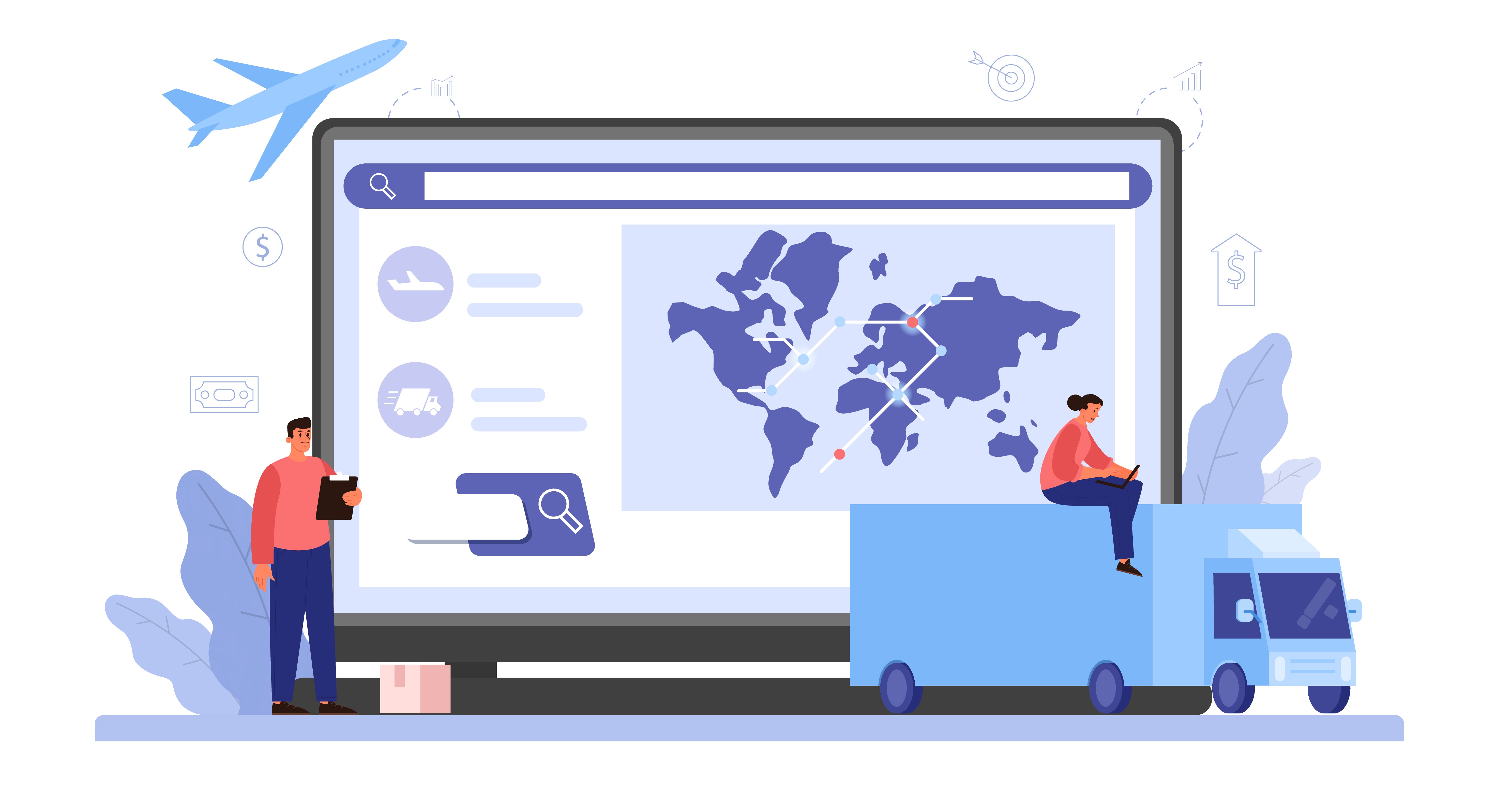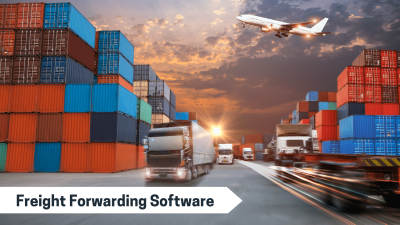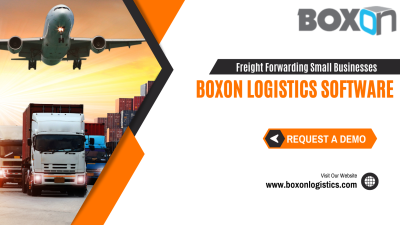The logistics sector has turned to modern information technology to better manage or accelerate Transport Management System Software processes to keep up with the pace of the changing marketplace. Over time, automated Transportation Logistics System has replaced manual ones, facilitating the lives of everyone from transportation drivers to freight forwarders to back-office professionals.
Technological improvements have boosted transportation management, Freight Forwarding Software, Freight Management Software, and procedures in a variety of ways. New technological developments have completely changed how goods are carried, connecting the entire process more than ever.
What is a transportation management system (TMS)?
TMS is primarily a cloud-based application that links numerous processes, enabling meaningful communication between Freight Forwarding Software, and Freight Management Software including warehouse departments, order management systems, and fleet or carrier owners. Platforms for customer relationship management are also integrated into Advanced Transportation Management System.
The greatest TMS supports transportation operations in a number of ways by streamlining or improving them. Let’s take a closer look at how these potent tools support users’ ability to remain knowledgeable, engaged, and productive while producing measurable returns on investment for company expansion.
Major Challenges in the Transport Industry
The transportation system has previously undergone numerous automation phases. Many businesses changed their services and replaced physical labor with technology. However, given the complexity of the processes involved, Transport continues to have problems brought on by a lack of automation services involves in the
Transport Management System Software.
What technologies logistics organizations utilize, how they manage their data, and how well-coordinated their work procedures are among the fundamental concerns in the sector. Let’s look at some frequent logistics issues and potential solutions.
An absence of efficient coordination:
The transport sector’s complexity and inconsistency are the main issues. It is impossible to have centralized control over every stage of the process due to the large number of parties involved (manufacturers, storekeepers, drivers, managers, and end users). Often, fragmentation results in overall inefficiency.
Mistakes in Warehouse Management:
For data collection, a mobile application for warehouse management should make use of appropriate technology. The majority of businesses still use barcode scanners, but this technology is inadequate for intelligent, data-driven inventory decisions.
Deliberately ignoring internal communications:
Major retail and transport organizations should concentrate on retaining their workers and streamlining their work processes; this can be done through the use of digital tools.
Absence of Relationship with Potential Customers:
Customers are ultimately the driving force behind every Freight Forwarding Software or Freight Management Software, and the needs they make should serve as goals for creating novel solutions. A current prominent trend is omnichannel experiences.
Solutions for Transport Management System:
So how precisely can a mobile app address the significant issues plaguing the logistics sector? The BoxOn Logistics management sector has the most potential for automation. Mobile solutions that integrate many management tools into a single service can help to realize this promise. Let’s get more specific about the essential technologies that logistics apps require.
Large retail and logistics organizations should concentrate on retaining their workers and streamlining their work processes; this can be done through the use of digital tools.
Mapping and Routes:
A mobile app with mapping functionality ought to significantly lower transportation costs. These programs ensure the highest possible speed and quality of delivery by decreasing stops, locating specific problems, and determining the optimal routes in a certain situation.
Management of automobiles and cargo:
Freight forwarding software must regularly assess the condition of their vehicles going out of business. They can combine fleet management technologies to speed up this procedure.
Employee Management:
Systems of labor-management were developed to decrease human error, get rid of paperwork, and improve overall performance. With the right software, businesses can simply keep an eye on the availability of staff and equipment, track the whereabouts of their vehicles, and check on activities in their warehouses.
Analytics:
Logistics companies will be able to solve and prevent issues with the help of the appropriate digital technologies. Businesses that adopt this reasoning and create unique apps to handle their deliveries at all stages will eventually replace those unable to stay up.
How automation is solving the issues from the past
Predictive analytics, video intelligence, cloud-based Transportation Management System, and other advancements are modernizing the logistics and transportation sectors. These solutions aid with fleet management and shipping planning, which reduces costs, increases output, and efficiency, boosts employee retention rates and increases business. All of the organization’s opportunities are made possible by the proper type of workflow management system.
The market for Transportation Management System is developing as smart connected devices are increasingly being embraced by the transportation sector. The international TMS market, which was estimated to be worth $71 billion in 2019, is anticipated to increase at a rate of 16% to reach over $172.5 billion by 2025.
Improving performance related to route planning and load optimization
Finding carriers that can transport the goods more quickly and at lower costs is facilitated with the use of the proper TMS. Transport Management System Software recommends feasible carrier options based on the size, location, and other particular delivery details, using a unique algorithm, and makes it simpler to select the best method of transporting products in an economical way. Similar to this, TMS can build a delivery route based on the data provided, helping to shorten delivery times and boost performance while keeping a reasonable shipping cost.
Improved communication skills according to end-to-end transportation management
In addition to addressing the inefficiencies in the operations and management cycle, end-to-end transportation management using TMS also contributes to enhancing communication among all parties. Communication is facilitated by TMS, which is quicker and more efficient, to ensure that there are no delays during the delivery process when various carriers are involved. Clients and employees alike are pleased as a result of everything. Giving the possibility for bulk sales and repeat business, also increases the worth of the company.
Conclusion:
Advanced technological or intelligent TMS are often cloud-based, which has the advantage of being easily accessible from anywhere, at any time. If you want to preserve your competitive edge and improve fleet management, it is always recommended to keep up with the most recent technology that aids in corporate process optimization. If you haven’t investigated upgrading yet, now is the time to rethink strengthening your company with BoxOn Logistics Software Solutions.
To know more Details https://www.boxonlogistics.com/request-demo/






COMMENTS